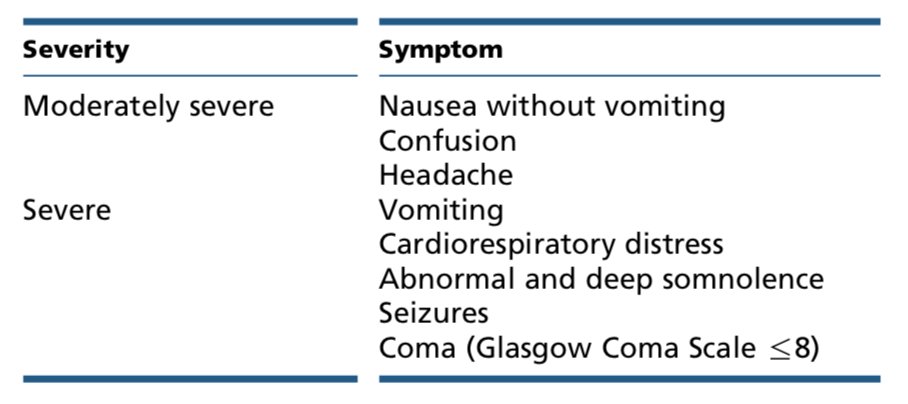
Patient with advancing CKD, currently stage 4. Labs show HCO3 19 on the last two lab draws. Anion gap 13. What do you do?
So the current thinking is that correcting metabolic acidosis (CO2 < 22) slows the progression of CKD. This has been shown in RCTs with oral sodium bicarbonate (placebo controlled):
kidney-international.org/article/S0085-…
kidney-international.org/article/S0085-…

And with fruits and vegetables that have a high alkali so correct acidosis without the pesky sodium load of baking soda (visual abstract by yours truly)
karger.com/Article/Abstra…

karger.com/Article/Abstra…


Important counter factual, as brought up by @NavTangri. This study enrolled elderly patients with advanced CKD and found no benefit to bicarbonate.
bmcmedicine.biomedcentral.com/articles/10.11…
bmcmedicine.biomedcentral.com/articles/10.11…

The point of this bibliography is we are about to get a new drug, a hydrogen binder called Veverimer, which raises bicarb by about 4 points.
thelancet.com/journals/lance…
thelancet.com/journals/lance…

All of these studies enrolled patients based on a low serum bicarb, none of them requires an ABG to confirm that the low bicarb was representative of metabolic acidosis rather than respiratory alkalosis.
Though the above studies were positive despite theoretically enrolling at least a few patients with respiratory alkalosis, it's hard for me to imagine that giving alkali is anything but harmful in patients who are already alkalotic.
• • •
Missing some Tweet in this thread? You can try to
force a refresh


















